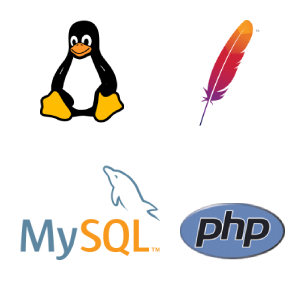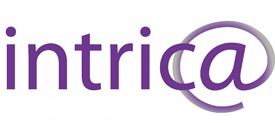
PHP Development
Our team has an excellent knowledge of PHP development involving creating custom functions and classes alongside experience in working with relational databases such as MySQL. All our programmers are familiar with MVC development and object oriented programming and web services like SOAP, XML – utilising our expertise developing and/or integrating web APIs.
Projects have included a wide range of web software producing dynamic websites and applications for high-profile clients. These have included custom application builds using popular stable, secure frameworks such as Zend, Laravel and building e-commerce platforms and integrating payment gateways into the world’s leading e-commerce solutions. We have the ability to efficiently plan projects and effectively communicate those plans to our clients and team members.
With solid LAMP stack environment experience (Linux, Apache, MySQL and PHP) we bring a good understanding around best practice techniques for deployment and server setup. Our working knowledge of HTML, CSS, Twitter Bootstrap & JavaScript frameworks ensures complete front and back-end delivery to your specification.
Laravel is a full-stack web application framework that packages or supports a lot of third-party tools and frameworks.
Zend is a PHP based MVC framework – (MVC – Model, View and Controller – separates an application into three components).
For example, OpenCart for e-commerce uses MVCL – (Model, View, Controller and Language).
HTML, CSS, Twitter Bootstrap and JavaScript will support the front-end (visual display).
Zend Framework is a collection of professional PHP packages with more than 570 million installations. It can be used to develop web applications and services using PHP 5.6+, and provides 100% object-oriented code using a broad spectrum of language features.
Laravel is a web application framework with expressive, elegant syntax. We believe development must be an enjoyable, creative experience to be truly fulfilling. Laravel attempts to take the pain out of development by easing common tasks used in the majority of web projects, such as authentication, routing, sessions, and caching.
HTML is the language for describing the structure of Web pages.
CSS is the language for describing the presentation of Web pages, including ‘colors’, layout, and fonts.

